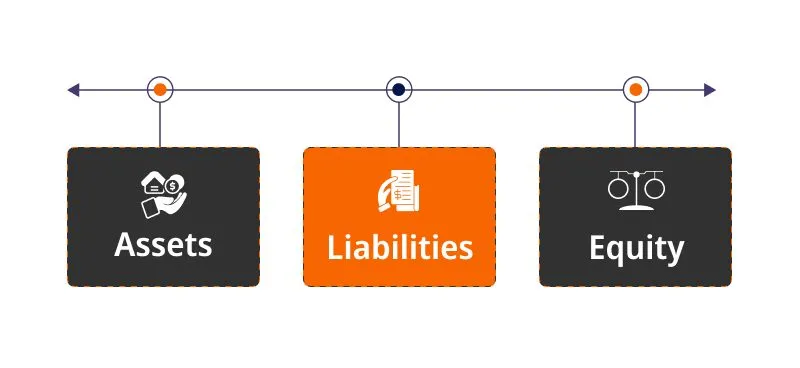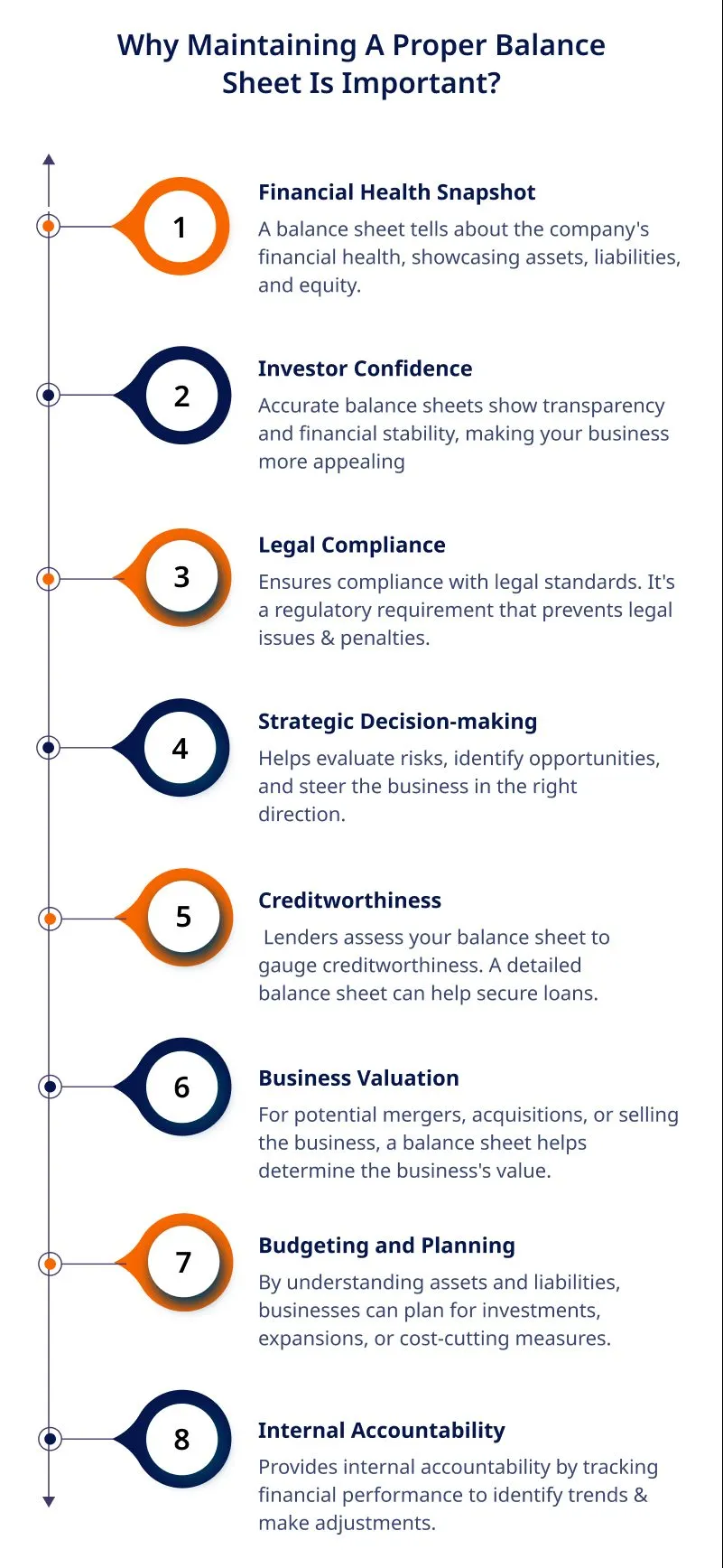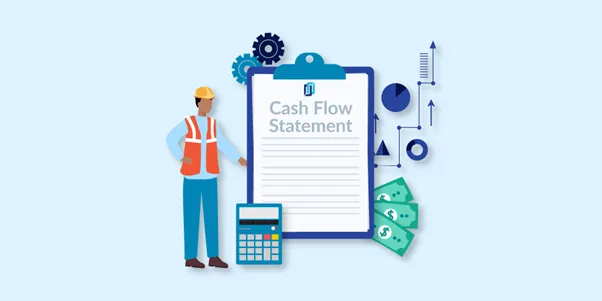A balance sheet tells a story of a company’s financial health—a tale of assets, liabilities, and the missing chapters of overlooked value.
Do you truly know your business’s worth?
If not, you are missing something on your balance sheet.
A balance sheet isn’t just numbers; it’s a story of your business’s money journey. But sometimes, important things get missed. They are super important for your company, yet they’re easily missed.
Decisions made from this incomplete story can lead to mistakes and miscalculated risks. And it could affect your business’s future path.
Join us as we explore balance sheets in detail, uncovering these often-missed parts and understanding their importance.
We will discuss five things missing from your balance sheet that should not be.
Let’s get started!
The Key Components Of A Balance Sheet
1. Assets
In balance sheets, assets are what your company owns or controls, from cash to property, equipment, or even that stellar brand you’ve built.
These are usually divided into current assets (like cash and inventory) and non-current assets (like long-term investments or property).
2. Liabilities
Think of liabilities as the promises your business has made.
Your company owes obligations or debts—payments due to suppliers, outstanding loans, or even accrued expenses.
Like assets, they’re split into short-term liabilities (due within a year) and long-term liabilities (extending beyond a year).
3. Equity
Equity represents ownership interest—the stake your business owners or shareholders have.
When assets exceed liabilities, that leftover value belongs to the owners as equity.
It’s like the heart and soul of your company’s financial health, reflecting how much the business truly belongs to its owners.
5 Things Missing from Your Balance Sheet
1. Intangible Assets: The Invisible Gems
Besides physical things like buildings or machines, there’s something else valuable in your business: intangible assets. You can’t hold these things—like patents, brand recognition, or loyal customers. They’re what makes your company unique.
Why They Go Unnoticed
Intangible assets often evade the spotlight because they’re not something you can touch or hold in your hand.
Unlike physical assets, their value lies in the reputation they build, the innovations they bring, and the loyal customer base they attract.
The Importance of Recognition
Recognizing and valuing these intangibles is pivotal. They can significantly impact your business’s overall value and potential for growth.
When you realize their worth, you’re seeing parts of your business that can make it succeed in the future.
Why It Matters
Think of your brand recognition, innovative ideas, or the relationships you’ve built—these intangibles can set your business on an upward trajectory.
They shape perceptions, foster trust, and often hold immense financial value.
So, when creating your balance sheet, don’t overlook the intangibles—they might be the secret that fuels your business’s success.
2. Contingent Liabilities
Contingent liabilities are potential financial obligations that might arise in the future.
Consider possible debts or expenses depending on specific events or outcomes.
These aren’t certain yet but could become actual liabilities.
Examples of Contingent Liabilities
- Lawsuits: Say a company faces a lawsuit. Even if they haven’t been officially ordered to pay, if the case goes against them, there might be a hefty fine or compensation to settle.
- Guarantees: Sometimes, companies guarantee loans or debts for others. The company might have to cover the amount if the person or entity can’t repay.
- Product Warranties: Offering warranties is excellent, but if those products fail and need fixing or replacements, that’s a cost the company might have to bear.
Why They’re Often Missed but Important?
Contingent liabilities aren’t straightforward debts or expenses yet. They’re like potential surprises waiting to happen.
Ignoring them can be risky. They might not be recorded, giving an incomplete financial picture, which can mislead decisions about the company’s health and stability.
3. Goodwill
Goodwill isn’t just about being nice—it’s essential to your business’s value. It’s like the trust and reputation your company builds over time.
When customers love your brand, or your company is known for doing things right, that’s goodwill at work.
Why Goodwill Matters
Think of it this way: You’re not just selling products or services; you’re also selling people positive feelings about your business.
This trust and positive reputation can increase the overall value of your company, making it more attractive to investors or potential buyers.
Impact on Financial Health
Goodwill shows up on your balance sheet as an asset.
It represents the difference between what you pay for a company and its value based on customer loyalty, brand recognition, and reputation.
Keeping track of goodwill helps you understand how well your business performs beyond just the numbers.
Importance of Protecting Goodwill
Protecting goodwill means maintaining a good reputation, providing excellent customer service, and delivering on promises.
When goodwill is substantial, it can lead to long-term success and growth for your business.
4. Deferred Revenue
Have you ever considered the significance of money your company received for services or products not yet provided? That’s deferred revenue—an often overlooked aspect on balance sheets.
What is Deferred Revenue?
Your company got money in advance for goods or services it hasn’t delivered. Think of subscriptions paid upfront or deposits for future work—income waiting to be earned.
Why It Goes Unnoticed
Deferred revenue often slips under the radar because it’s not immediate earnings. Your company will earn money later, making it less visible on traditional balance sheets.
The Importance of Recognition
You are acknowledging deferred revenue matters. It represents future earnings and impacts your business’s financial health.
Recognizing it paints a clearer financial picture and helps plan for future cash flow.
Why It Matters
Consider the prepaid services or products—acknowledging deferred revenue helps anticipate future income. It’s a vital part of your financial puzzle, impacting your business’s economic stability and growth potential.
Don’t forget to add deferred revenue while creating a balance sheet—the promise of future income completes your company’s financial story.
5. Operating Leases: The Unseen Commitments
Operating leases represent a significant commitment for your business.
They involve agreements for using assets, such as equipment or property, without ownership.
Despite their substantial impact on your operations, they often don’t find their way onto balance sheets.
Why They’re Invisible
These leases aren’t highlighted because they don’t fall under the ownership umbrella.
Unlike assets you own outright, operating leases involve using resources without long-term ownership rights, making them less visible in financial records.
The Importance of Recognition
Acknowledging operating leases is crucial.
They represent ongoing financial responsibilities that impact cash flow and operational stability.
Recognizing their significance offers a more comprehensive view of your business’s financial health.
Why It Matters
Operating leases influence your business’s financial commitments and must be considered when assessing its strength.
Their absence might obscure a crucial aspect of your business’s financial standing.
How Does An Incomplete Balance Sheet Impact Business?
An incomplete balance sheet messes up the whole picture! Here’s how:
- Misleading Insights: Without the full info, your decisions might not be on point. You could think you’re doing great when the reality’s not so rosy.
- Risky Business: Missing these details? It’s like driving blindfolded! Not knowing your actual liabilities or assets can lead to significant risks.
- Investor Doubts: Investors want the real deal. An incomplete balance sheet might make them doubt the company’s stability, making it harder to get support.
- Legal Troubles: It’s not just about numbers. Not having the correct info on the sheet can land you in hot water with the law.
- Planning Woes: How can you plan if you can’t see the whole financial picture? An incomplete balance sheet can mess with your plans.
How Invoicera Addresses Balance Sheet Gaps?
- Comprehensive Financial Management: Invoicera offers tools that cater to precise financial management, filling in the gaps commonly found in balance sheets.
- Accurate Tracking: Its features enable meticulous tracking of assets, liabilities, and revenue streams, ensuring precise recording and monitoring for a more detailed balance sheet representation.
- Tailored Functionalities: Invoicera provides specific functionalities designed explicitly for comprehensively managing balance sheets. These tools seamlessly integrate financial data, simplifying handling crucial financial components.
- Streamlined Accounting: Through its tools and functionalities, Invoicera streamlines accounting processes, aiding in managing financial records.
- Enhanced Analysis: Leveraging Invoicera’s functionalities allows businesses to portray a more accurate financial standing, facilitating better analysis and strengthening overall balance sheet management.
Moving Beyond Balance Sheets: Holistic Financial Management
Strategic Financial Planning
- Forward-Thinking Strategy: It’s like planning your business’s financial moves ahead of time, anticipating challenges, and setting clear goals for growth.
- Intelligent Decision Making: Strategic financial planning goes beyond numbers; it’s about making smart choices that shape your business’s economic future.
- Navigating the Road Ahead: It’s akin to plotting a map for your business, ensuring it stays on course amidst a changing financial landscape.
Future-Proofing Financial Records
- Shielding Financial Data: Future-proofing is about safeguarding your financial records, making them adaptable and valuable as your business evolves.
- Adopting Adaptive Tools involves using tools and practices that keep your financial information organized, accessible, and flexible.
- Building Resilience: Consider constructing a solid foundation supporting your business through changing times, ensuring your records remain relevant and reliable.
Conclusion
A comprehensive balance sheet is more than just a collection of figures; it’s a crucial roadmap outlining a company’s financial health.
It’s essential to periodically reassess this document, ensuring that all critical elements, including often underestimated factors, are accounted for accurately.
Invoicera is a valuable expense management software in this pursuit, offering robust features to streamline financial management, facilitating accurate record-keeping and insightful analysis.
Maintaining a keen focus on your financial overview empowers better decision-making, providing a solid groundwork for your business’s sustained success and growth.
FAQs
How can businesses address these missing elements?
Businesses can rectify these omissions by adopting comprehensive accounting practices, utilizing specialized software, and thoroughly evaluating all potential assets, liabilities, and future commitments.
Why aren’t these elements typically included in traditional balance sheets?
Traditional accounting practices often focus on tangible assets and immediate liabilities, overlooking these elements due to their intangible or future-oriented nature.
How do these missing elements impact a balance sheet’s accuracy?
Omitting these elements can affect a company’s financial health, leading to an incomplete assessment of its actual value, potential risks, and future obligations.



















